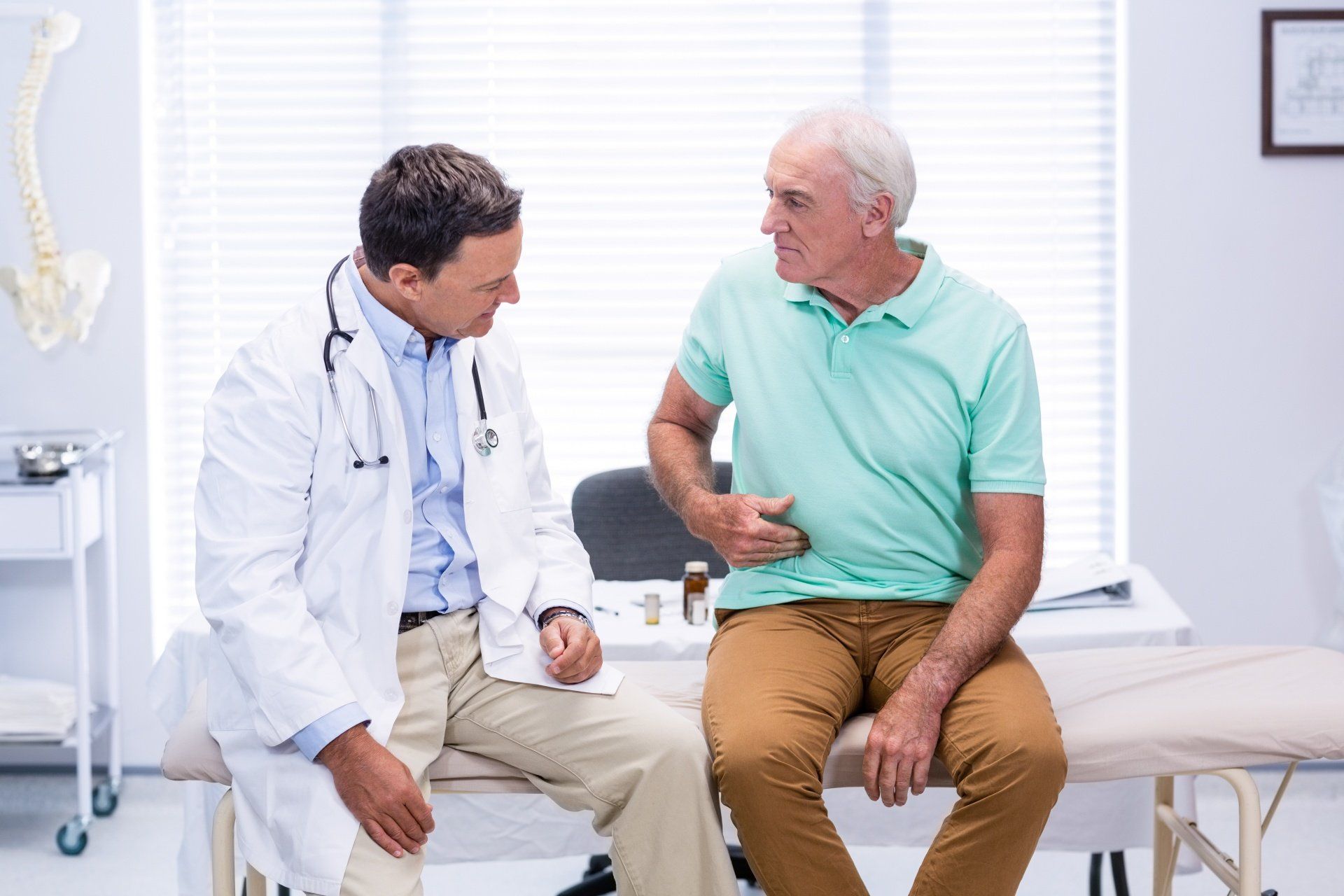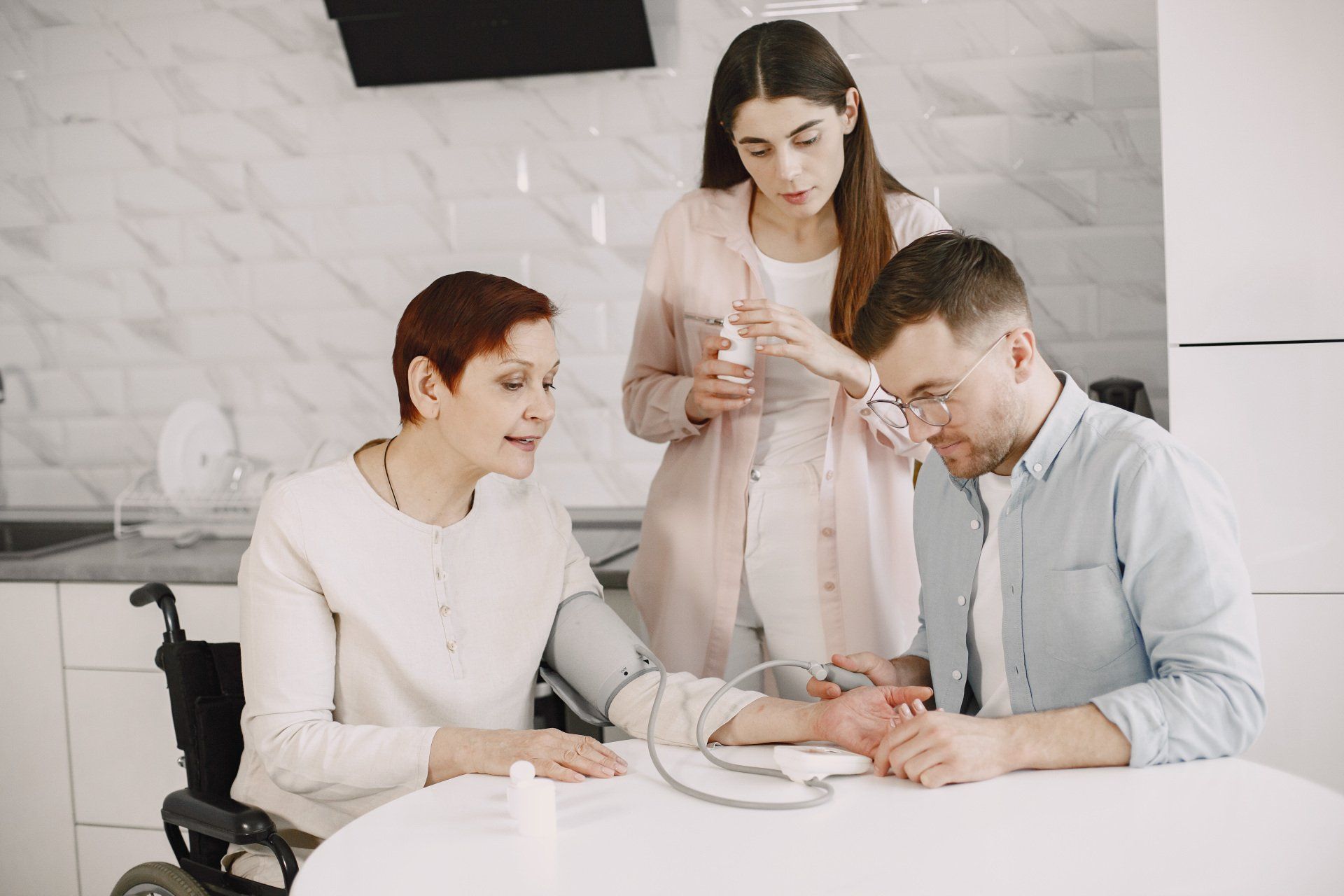Irritable Bowel Syndrome(IBS) Specialist in London
Expert care for Your Digestive System - Free Consultations

IBS is one of the most common digestive health conditions that affects the muscle and nerve movement in our small and large intestine (colon) leading to food sensitivities.
If you have irritable bowel syndrome, or IBS, you might have uncomfortable or painful abdominal symptoms. Constipation, diarrhea, gas and bloating are common IBS symptoms. IBS doesn’t damage your digestive tract or raise your risk for colon cancer.
Irritable Bowel Syndrome (IBS)

Why do I need Endoscopy?
Our consultants will often recommend endoscopy to evaluate:
- For early cancer detection
- Stomach pain
- Ulcers, gastritis, or difficulty swallowing
- Digestive system bleeding
- Changes in bowel habits (chronic constipation or diarrhea)
- Polyps or growths in the colon
- Weakness or fatigue
- Unexplained weight loss
As per researchers, irritable bowel syndrome (IBS) is categorised based on bowel movement problem and classified into 3 different types:
- IBS with constipation (IBS-C): Most of your poop is hard and lumpy
- IBS with diarrhea (IBS-D): Most of your poop is loose and watery
- IBS with mixed bowel habits (IBS-M): You have both hard and lumpy bowel movements and loose and watery movements on the same day
Most of the people with IBS may have normal bowel movements some days and abnormal ones on other days. The exact cause is unknown – it's been linked to things like food passing through your gut too quickly or too slowly, oversensitive nerves in your gut, stress and a family history of IBS.
Types of Irritable Bowel Syndrome (IBS)

As per researchers, irritable bowel syndrome (IBS) is categorised based on bowel movement problem and classified into 3 different types:
- IBS with constipation (IBS-C): Most of your poop is hard and lumpy
- IBS with diarrhea (IBS-D): Most of your poop is loose and watery
- IBS with mixed bowel habits (IBS-M): You have both hard and lumpy bowel movements and loose and watery movements on the same day
Most of the people with IBS may have normal bowel movements some days and abnormal ones on other days. The exact cause is unknown – it's been linked to things like food passing through your gut too quickly or too slowly, oversensitive nerves in your gut, stress and a family history of IBS.
Types of Irritable Bowel Syndrome (IBS)
The symptoms of IBS vary from individual to individual and affect some people more severely than others.
Symptoms can become worse, often during times of stress or after eating certain foods.
You may find some of the symptoms of IBS ease after going to the toilet and moving your bowels.
- Stomach pain and discomfort in the upper abdomen
- Bloating, gas, and heartburn
- Excessive fullness after eating
- Nausea
- Constipation, diarrhoea or alternating between the two
- Fatigue
- Feeling sick
Symptoms of IBS

Sometimes, Crohn’s disease can lead to serious complications.
- Abscess: Infected fluid collection in a tissue cavity
- Anemia: Over time, this can be caused by blood loss in the stool or lack of iron or vitamin B12
- Bone loss: People with inflammatory bowel disease (IBD)—like Crohn’s—often have decreased vitamin D, which can lead to bone loss
- Bowel obstruction: Crohn’s affects the thickness of the intestinal wall, and over time parts of the bowel can scar and narrow—which may block the flow of digestion
- Fissures: Tears in the anus lining which can cause pain and bleeding (especially during bowel movements)
- Fistula: Abnormal tunnels that form between 2 structures of the body which are caused by inflammation
- Increased risk of colon cancer: Long-term inflammation of the colon can lead to colon dysplasia
- Malabsorption and malnutrition: This includes deficiency of vitamins and minerals—specifically, inflammation of the small intestine can decrease absorption of iron and vitamin B12
- Perforated bowel: Chronic inflammation can weaken the intestinal wall to the extent that a hole develops
- Stricture: Narrowing of the intestine, resulting from chronic inflammation
- Ulcers: Chronic inflammation can lead to open sores (ulcers) anywhere in your digestive tract—from the mouth to anus
What Are Complications of Crohn’s Disease?

Early Screening & Diagnosis of IBS
Early IBS screening can help detect the disease at early stages and stop spread of it. Our doctors will review your symptoms and your medical and family history and perform a physical exam. Your doctor will look for a certain pattern in your symptoms.
Depending on your symptoms and problem in bowel movement, you may need to go for tests and includes:
- Colonoscopy
- Gastroscopy
- Blood tests
- Stool samples
You can book your Free Consultations with our GP on the same day or other day based on your availability.
At Chartwell, we provide Free Consultations to patients with a highly experienced Medical Practitioner to understand the sign and symptoms of irritable bowel syndrome.
During Free Consultations, our practitioners will discuss the Crohn’s symptoms you have, and the practitioner will advise the tests you need.
If you already have a referral from NHS
If you have a referral from your GP stating the test required, please send the referral to our team, once received a member of our team will contact you by telephone to arrange your test.
IBS Screening Cost:
Prices detailed below:
Menu
A FREE 30 minute video consultation
Colonoscopy & Gastroscopy
Includes: FBC, U&Es, LFT, Bone, CRP
The procedure includes a medical report, the results of any biopsies taken, and a face to face follow up consultation on the day of your procedure.
Free Consultations:
We at Chartwell provide Free Consultations with our highly qualified practitioners for our patients.
Same Day Consultation:
You can Book Your Free Consultations with our Practitioner on same day or based on your availability.
Post Opp Care:
Our staff are on hand before, during and after your procedure, routinely assessing your condition.
Interest Free Credit:
Can't pay today? No problem! At Chartwell, we want you to be able to have the best option for our patients, so we offer a range of interest free options.
Why Chartwell Hospital
Free Consultations:
We at Chartwell provide Free Consultations with our highly qualified practitioners for our patients.
Same Day Consultation:
You can Book Your Free Consultations with our Practitioner on same day or based on your availability.
Post Opp Care:
Our staff are on hand before, during and after your procedure, routinely assessing your condition.
Interest Free Credit:
Can't pay today? No problem! At Chartwell, we want you to be able to have the best option for our patients, so we offer a range of interest free options.
Why Chartwell Hospital


-
How do I know what test to choose for IBS?
Do not worry, when you are not sure about which test to book. You can book a free consultation with our IBS specialist. During this, you can discuss about IBS symptoms you have, and they will advise you the test you need.
-
Is IBS fatal?
IBS is not life-threatening. Living with this condition can be challenging because it can come and go throughout your life. But there are many ways to manage and live with IBS.
-
Do you have waiting lists?
No, we provide FREE consultation on the same day or some other day based on your availability.
-
What are foods to avoid with IBS?
Your GP/doctor may advise you to stop taking a few of the foods mentioned below based on your symptoms.
- Insoluble fiber like whole grains, vegetables and fruits
- Gluten like quinoa, sorghum, oats, buckwheat, etc.
- Avoid taking fried foods like French fries and other fried foods are common in the typical Western diet
- Sugar free sweeteners such as sugarless candy, gum, most diet drinks, mouthwash
-
Do I need a NHS referral or self-referral?
For this, you do not need referral from NHS, it is a self-pay service.
If you have NHS referral, share with our team and they will contact you. However, most of the patients with NHS waiting for a longer period of time to get a referral, there will be a chance of spreading disease.
FAQs: